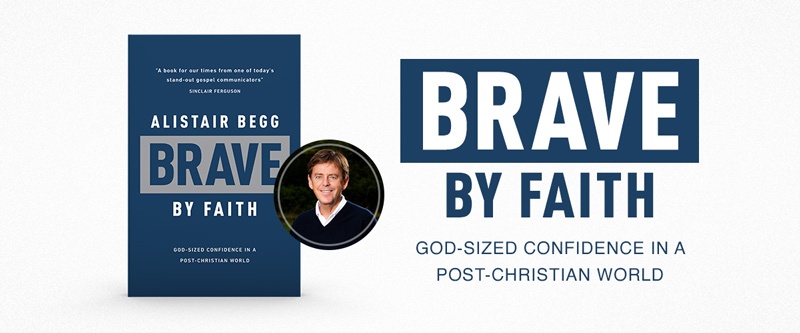Draw the Line in the Bible
Refusing to eat the special diet assigned to them seems a strange place for Daniel and his fellow young Jewish exiles to draw a line. But in the Old Testament, one of the distinguishing features of God's people was the rules they followed about what they would and would not eat and drink. Dietary choice for God's people was not just an external manifestation of nothing much; rather, it was an external outworking of their deeply held convictions about what it meant to belong to God. Given where these young men were and what they were doing and what they were being called, the last thread tying them to their Jewish roots and faith was dietary. So Daniel said, I can do this, and I can absorb that, but I cannot go any further. I have drawn a line; I will not cross it, and I am taking my stand here. Don't mistake Daniel and his friends for rabble-rousers who were a constant nuisance. Don't confuse being godly with being obnoxious. No, Daniel enjoyed "favor and compassion in the sight of the chief of the eunuchs" (Daniel 1:9). Later on, when they stood before the king, they were by far the wisest and most insightful of their cohort of students, even compared with those who had been born into the Babylonian elites (vv. 19–20). They were bright, good-looking, and hard-working. They paid attention, showed up on time, and were good students. And yet there was a point they would not go beyond. There was a core to them, and so there was a resolve in them, and that caused them to take this stand and risk the consequences of the king's displeasure (which tended to be fatal). That kind of resolution doesn't come just as a whim. It doesn't come overnight; it doesn't well up in the moment of challenge. Crisis reveals what's inside of a person; it doesn't create it as much as reveal it. And as soon as these men come up against it here, they are ready to say, "No, we are not going to give in." Do not let the distance of their time, culture, and geography blind you to the magnitude of their decision. Think of what the exiles must have been tempted to say: We're a long way from Jerusalem. Things are different now. Times have changed. The prevailing wind is too strong for us to stand against, and resisting it won't make any difference or do any good. We are here in Babylon, and we need to make the best success of life that we can in Babylon. Those things that our fathers insisted upon: they don't really matter that much, do they? (Don't think that way of thinking is confined to ancient Judean history. It is alive and well in every generation, not least in contemporary evangelicalism.) Daniel, Hananiah, Mishael, and Azariah refuse to take that approach. A dead fish flows with the current; it takes a live fish to swim against the stream. They are going to swim against the stream. They have drawn their lines, they know where those lines are, and they will not cross them. Why were these four men willing and able to know their line, and stand firm and refuse to cross it, when they were being placed under pressure that most of us can only imagine? Because of what they knew about God. Three times in the opening chapter of the book of Daniel, we're told that "God/the Lord gave…" and these words are the key to understanding the chapter. God is in control. He is in control of great geopolitical events; the Babylonian invasion and victory happened because God gave Nebuchadnezzar that victory. The God who had given them great blessing through Judah's history and their lives was also the God who had given the besiegers victory. God was responsible for the exile of His people; God was responsible for the destruction of His temple. Nebuchadnezzar would take the credit, but the Lord was the one who oversaw it. And God is in control of interpersonal interactions and individual outcomes. This material is an excerpt from Alistair Begg's book Brave by Faith (The Good Book Company, 2021). All content from the book is used by permission, and this article was originally posted by The Good Book Company. Be Resolved, Not Obnoxious
Crisis Reveals What's Inside of Us
Find Strength in God's Sovereignty

Copyright © 2021, Truth For Life. All rights reserved.
Unless otherwise indicated, all Scripture quotations are taken from The ESV® Bible (The Holy Bible, English Standard Version®), copyright © 2001 by Crossway, a publishing ministry of Good News Publishers. Used by permission. All rights reserved.
Source: https://blog.truthforlife.org/how-do-we-know-where-to-draw-the-line